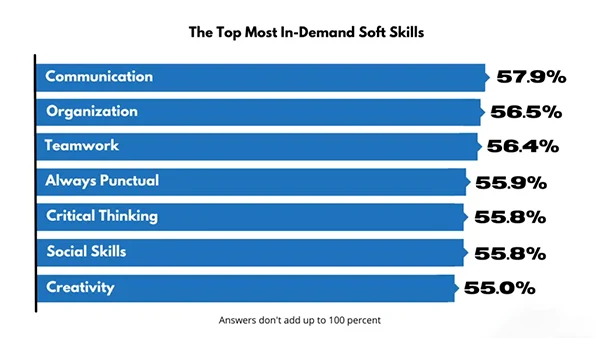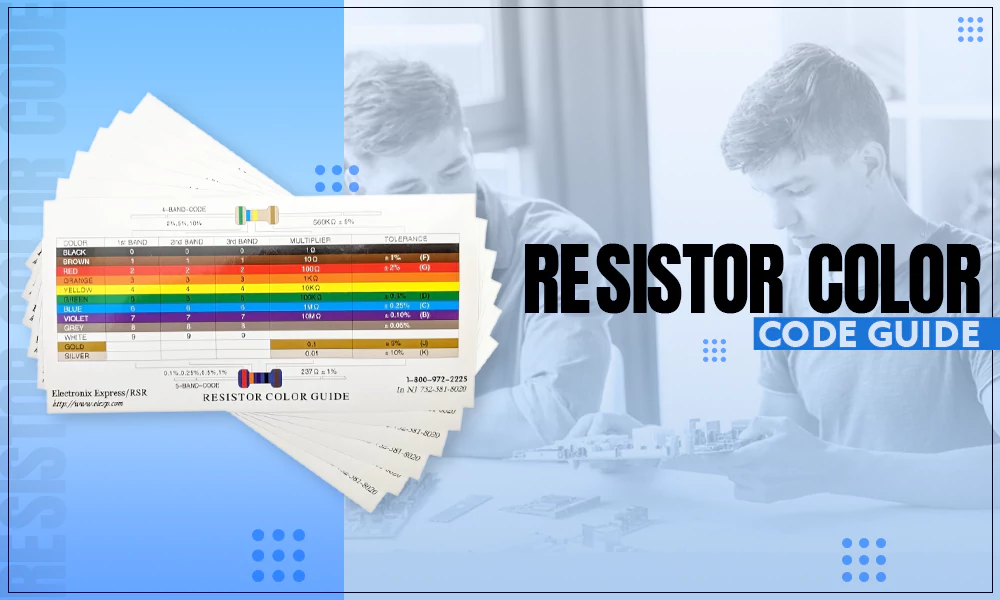Verbal Fluency in The Digital Age: How to Unlock Your Potential

Language sits at the pinnacle of human achievement. Our unique aptitude for complex communication underpins our matchless ability to share ideas, forge alliances, and drive society forward. Verbal speech sets us apart from all other species on earth. As the linguist Noam Chomsky observed, “A key factor in human evolution…has been the growth of an intricate system of language which makes communication, planning, and constructive work possible.”
In the current hyper-connected scenario, our verbal skills face significance and increased erosion. Technology offers countless new opportunities for discussion, collaboration, and influence — but it also risks blunting our linguistic talents. As visual content, distracted scrolling, and abbreviated messaging are trending online, traditional literacy declines. Yet, strong fluency remains essential for anyone who hopes to make an impact in the virtual world.

As you can see in the infographic, more than 90% of communication is non-verbal. This data shows how little we communicate with each other through our speech.
Sharpening our talents allows immense potential to develop, both personally and professionally. Fluent communicators can build stronger relationships, leave more positive impressions, inspire teams, and cause a significant amount of change in almost every aspect of life.
Leaders with rhetorical gifts have always shaped society’s direction. Great orators like Martin Luther King stirred hearts through the power of their words. The current virtual platforms offer an even broader reach to anyone able to express themselves clearly and compellingly online.
Why We’re Losing Our Verbal Edge
Yet, despite living in an increasingly verbal world, our skills face erosion. Digital distraction and over-reliance on spell check have weakened our linguistic muscles. We speak less face-to-face as we hide behind screens. And as visual content dominates, we spend less time crafting thoughtful text.
Reclaiming our innate human aptitude for language requires some counter-cultural efforts. But with a few practical strategies, we can rehabilitate our abilities to master communication in the digital age.
Ever Wondered How to Increase Verbal Fluency?
Just like any other skill, verbal fluency also needs practice and regular learning to blossom in its full glory. Following are those points that will certainly help you in increasing verbal fluency:
- Read more books — Long-form reading strengthens communicative reasoning, grows vocabulary, and exposes us to eloquent phrasing. Devoting just 30 minutes daily to a novel or non-fiction book works wonders. For some book recommendations, if you are a beginner in reading, you can start by reading the Harry Potter series to entertain yourself and learn vocab simultaneously.
- Write regularly — Consistent writing exercises our linguistic abilities. Aim to write a little each day — whether it’s journaling, blogging, commenting on social media, or drafting work emails. Journaling or diary writing will not only help in choosing better words, but will also result in better mental health.
- Speak up — Look for opportunities for discussion in real life and virtually. Join a debate club. Contribute to classroom conversations. Collaborate verbally on work projects. Practice elevates our skills.
- Listen attentively — Good communicators are good listeners. Give your full attention in conversations. Avoid distractions and be present. Reflective listening helps ideas germinate.
- Learn new words — Expanding our vocabulary makes communication more precise and persuasive. Apps such as Luminosity increase word power through fun daily games. But we should prioritize learning words actively rather than passively.
Keep a vocabulary journal where you manually log new words, definitions, and sample sentences. Having to write entries cements understanding. Apply your new vocabulary in daily writing and conversations. Using words actively embeds them deeper in memory.
When reading books or articles, pause when encountering an unfamiliar word. Look up its meaning and etymology and add it to your journal. Notice how professional writers use language, and try incorporating their eloquent phrases in your own writing.

Interesting Fact
Not only in personal lives but in professional lives too, communication is much needed. The graph above shows that communication tops the list of the top most in-demand soft skills in corporate.
Learn words in semantic clusters or lexical sets to see how vocabulary relates. For instance, learn groups of positive words — such as appreciate, value, praise, and commend. Or learn variations that convey size — for instance, minute, tiny, small, large, gigantic. This helps usage.
We can regain the verbal edge that our digital lives have dulled by taking small steps to work out our verbal muscles. In an increasingly disconnected world, strong linguistic abilities help ideas resonate, relationships flourish, and progress unfold.
Also Read: Best Software to Enhance Business Communications










